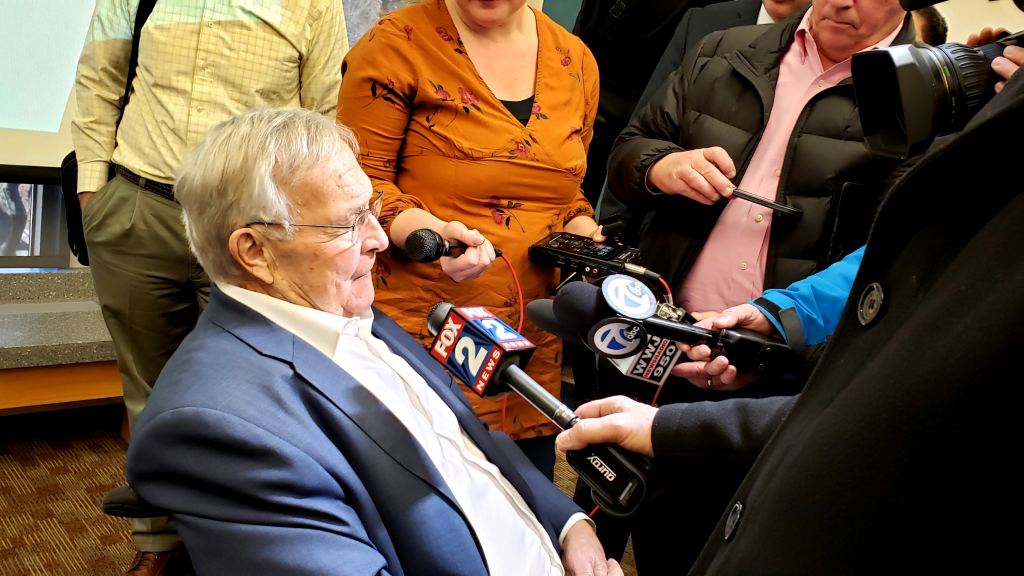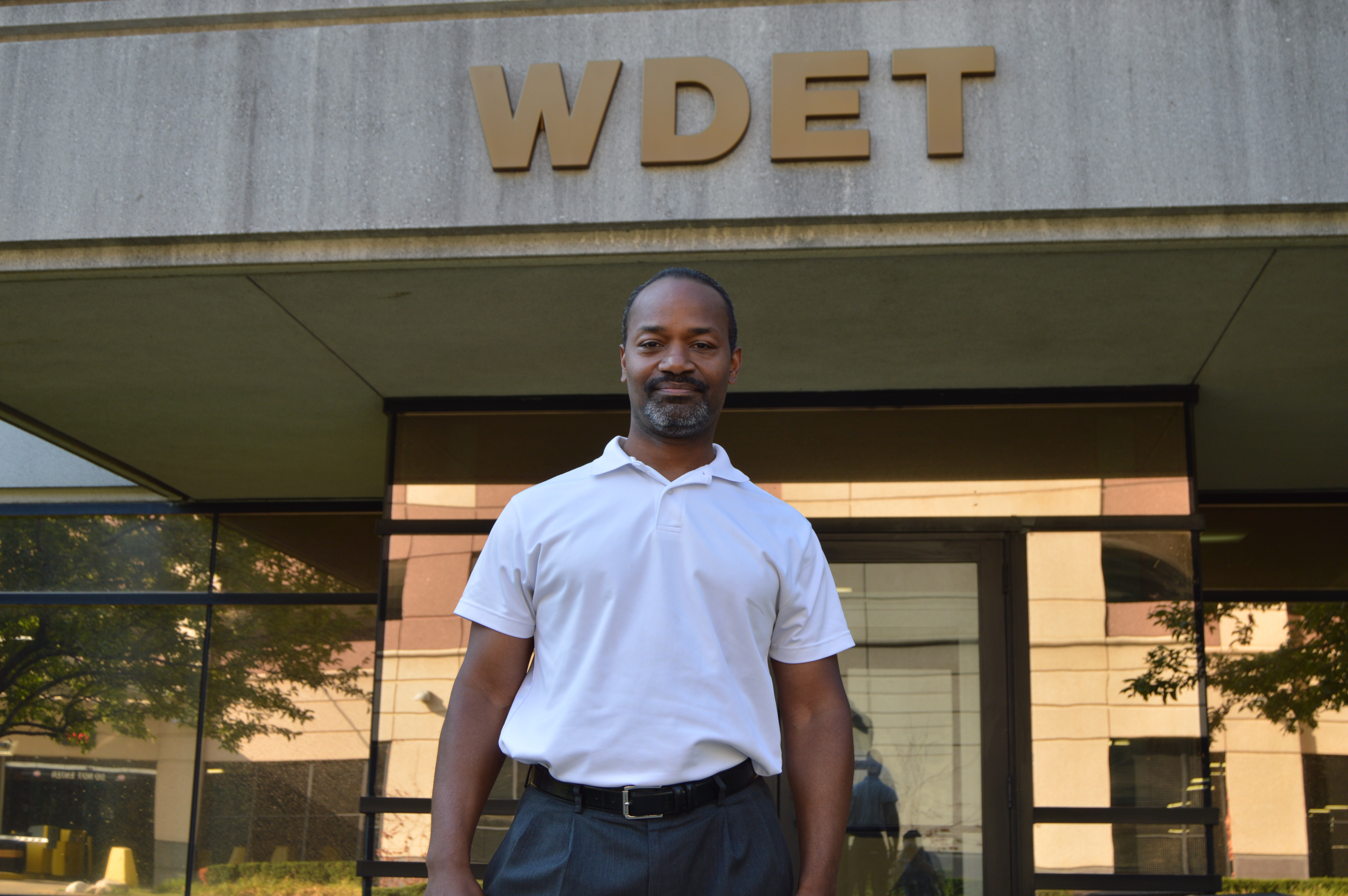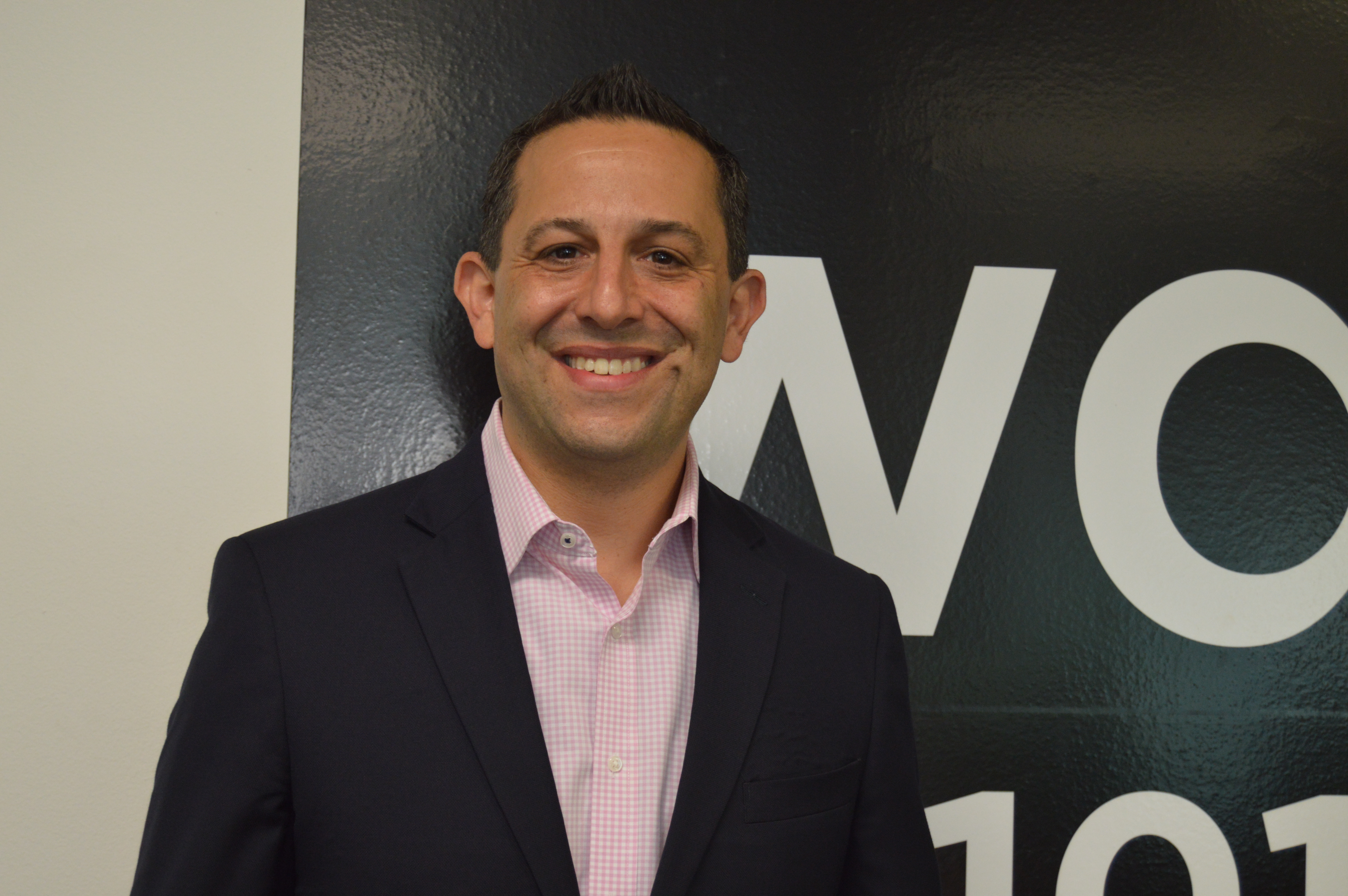The Complicated Legacy of Oakland County’s Longtime Executive, L. Brooks Patterson
“I loved Brooks. And I hated him,” says Stephen Henderson on Detroit Today.


L. Brooks Patterson, Oakland County’s longtime executive, passed away early Saturday morning at the age of 80. Patterson was serving his seventh term as Oakland County Executive and had been publicly battling pancreatic cancer since March.
The reactions to Patterson’s passing have spanned from glowing memorials from admirers to scathing critiques of his record on issues such as race and regionalism.
“He was who he was,” Macomb County Executive Mark Hackel tells Stephen Henderson on Detroit Today. “Some of the things he would say were very off-putting, I couldn’t disagree with that.”

“Even sometimes I would cringe,” Hackel says. “But it wasn’t that he wasn’t willing to come to the table. He was always willing to have the conversation. Sometimes people just didn’t like his style or his demeanor.”
“To talk about a man who amassed 50 years in public service and not talk about his history of bigotry and racism…is burying the lede,” says Ken Coleman, a Detroit-based author and civil rights, voting rights and education reporter at Michigan Advance.

“I believe that Brooks Patterson is probably the most notorious political figure in Michigan history,” says Coleman. “I think that his bigoted oratory and some of his racist actions place him higher than former mayor of Dearborn Orville Hubbard.“
Oakland County Treasurer Andy Meisner, a Democrat, is one of the officials hoping to become the county’s next executive. He offered a remembrance of Patterson on Facebook shortly after his death was announced:
“My prayers are with the family of my colleague Brooks Patterson who has gone to his eternal resting place this morning. Brooks should be remembered as a strong, effective leader who was always loyal to Oakland County. I learned a lot from him during our ten years serving together. Rest in Peace LBP, you’ve been a giant!”
“I’ve tried to be gracious and kind, acknowledging his loss,” Meisner tells Henderson on Detroit Today. “At the same time, right now is when his legacy is being formed… (Patterson) has been a barrier to getting a lot of policies in place to help a lot of the people on the lower end of the economic spectrum, but also policies that could help everybody,” says Meisner, giving the late executives opposition to regional transit plans as an example.
Detroit Today invited Oakland County Sheriff Michael Bouchard, Oakland County Chief Deputy County Executive Gerald D. Poisson, and Oakland County Commission Chairman Dave Woodward to join the program. Bouchard, Poisson, and Woodward are possible candidates for the Oakland County executive position. Bouchard did not return a request to join the show. Poisson and Woodward declined to join the program.
Click on the audio player above to hear Macomb County Executive Mark Hackel, Detroit-based author and journalist Ken Coleman, and Oakland County Treasurer Andy Meisner talk with Stephen Henderson about late Oakland County Executive L. Brooks Patterson’s life and legacy.
On the program, host Stephen Henderson offers his own remembrance of Patterson:
There is perhaps no more complicated or controversial figure who has dominated southeast Michigan for so long.
I loved Brooks.
And I hated him.
I loved the guy you could laugh and joke with, the one who’d do anything for people he loved, and who was among the most loyal friends you could imagine.
I loved the guy who was a fellow U of D High graduate, the one who lived as a child in Rosedale Park and talked frequently about his love for the city.
My friendship with Brooks took time to develop, and required, probably for both of us, a fair amount of wiping away of doubt.
I remember when I went back to the neighborhood where I was born to start a non-profit literary arts and community center; Brooks talked with me about his childhood home and his abiding emotional connection to its memory.
But I hated the Brooks who fought against school integration in the ’70s, and who then built a public career by stoking racist fears and divisions in this community.
I hated the guy who had really turned his back on Detroit, and who seemed to consider its residents unworthy of the spoils he secured for suburbanites
There are many stories, and quotes, that illustrate how awful Brooks could be.
But the one that has always stuck with me is the way he had come to describe Oakland County’s changing demographics, which saw lots of brown and black people moving to the suburbs.
Rather than welcome this diversity, Brooks seemed annoyed about “cultural and value differences,” and implied or outright said several times that Oakland’s new residents in growing minority’s communities were a problem for county government.
It’s hard for me to imagine a more inappropriate take on a leader’s responsibility to his constituents.
So… what to make of Brooks, overall?
I think it’s important to be able to find common ground, and personal connection, with people whose views we find disturbing, and even abhorrent.
The human condition nearly requires it; think of family members you love, but who present you with deep and complicated challenges.
But that connection also cannot supplant the accountability we must insist upon for the consequences of insensitive or pernicious views and behavior.
Brooks deserves to Rest In Peace, and to be mourned by those of us who knew him, personally, and were able to draw value from that connection.
But Brooks also must be called to account for the things he said and did that have damaged our region, and hurt some of its most vulnerable citizens.
And as a community, we should be able to find space for both of those realities.
